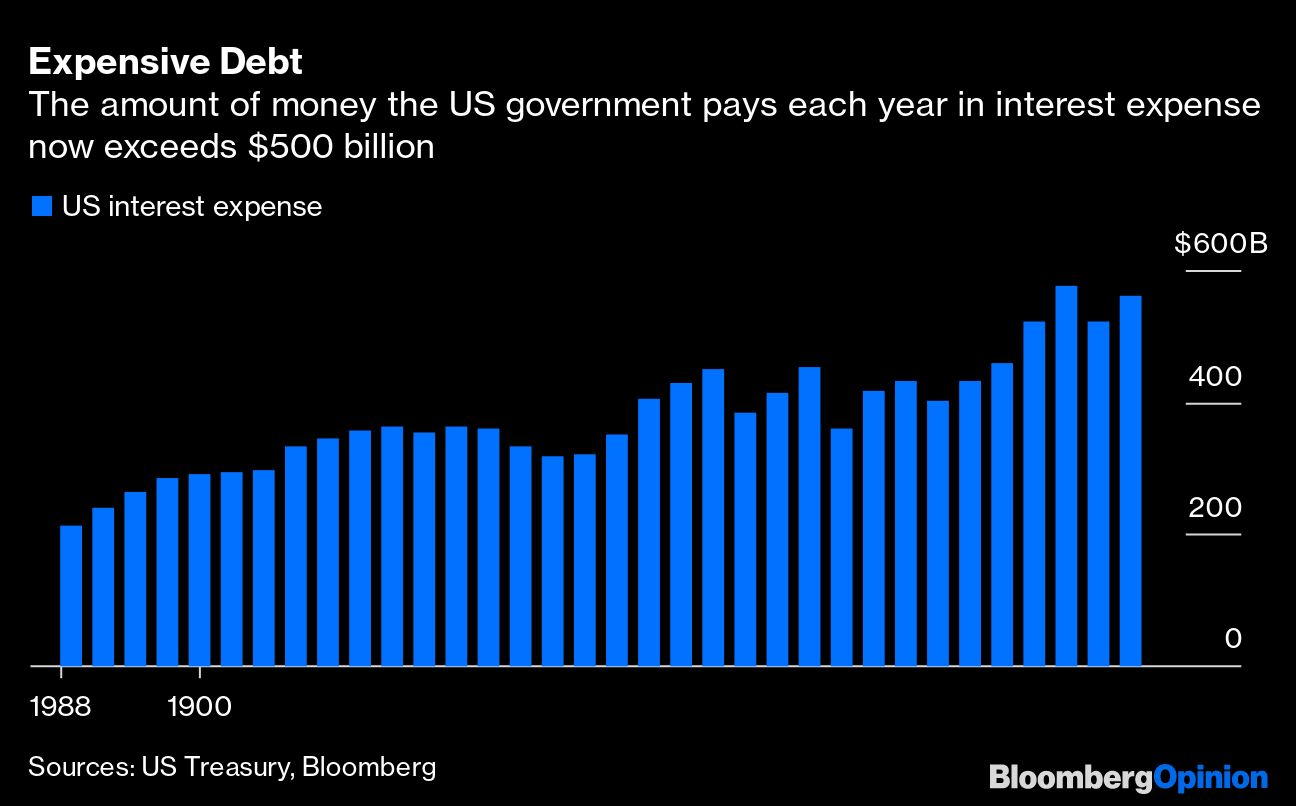How Reforming Social Security, Medicare Can Be Done

What You Need to Know
Federal spending on entitlements overall — including Social Security, Medicaid and Affordable Care Act subsidies — is seen growing from $3 trillion next year to $12.5 trillion in 30 years.
The GOP wants to mitigate these costs by, among other things, raising the eligibility age for Medicare to match the Social Security retirement age, which is 67 for those born after 1960.
Simply forming a bipartisan commission with no sense of urgency would result in a compromise proposal that is forgotten as soon as it is released.
Republicans hoped that Americans would deliver a clear repudiation of President Joe Biden’s economic policies when they went to the polls earlier this month. They came away with something far less decisive.
The GOP has gained control of the House of Representatives, but with the slimmest of slim majorities, and it has no chance of taking the Senate even if the party is victorious in Georgia’s runoff.
Still, GOP leaders in the House are confident they can leverage their narrow victory into meaningful policy gains. It won’t be easy, but they do have one — and perhaps more than one — path to success.
Returning to thorny issues, they’re likely to push for reforms to two major entitlement programs: Medicare and Social Security. Medicare spending is forecast to top $1 trillion for the first time next year, and rise at a faster pace than gross domestic product for the foreseeable future.
Federal spending on entitlements overall — including Social Security, Medicaid and Affordable Care Act subsidies — is seen growing from $3 trillion next year to $12.5 trillion in 30 years.
The GOP wants to mitigate these costs by, among other things, raising the eligibility age for Medicare to match the Social Security retirement age, which is 67 for those born after 1960. In addition, Republicans would reduce Social Security benefits for those whose income was on the high end over their lifetimes and raise premiums for Medicare beneficiaries with higher incomes.
The financial stakes are high. Rapidly rising interest rates means now is the time to act, before the burden of servicing the debt to fund these programs becomes a major barrier to deficit reduction.
Yet with only a narrow majority in a single chamber, House Republicans really only have one card to play, and it’s one that Americans may remember, perhaps not so fondly, from the early days of the Barack Obama administration.

House Majority Leader Kevin McCarthy can refuse to bring so-called must-pass legislation — such as raising the debt ceiling or continued funding for the federal government — until top officials from both parties in the House and Senate sit down with Biden and negotiate a deal on entitlements that their respective chambers can pass and that Biden will sign.
The advantage of such an approach is that it produces a single take-it-or-leave-it proposal that centrist members of both parties can support. Trying to produce that type of deal through regular legislative channels would be impossible in the current political environment.
Simply forming a bipartisan commission with no sense of urgency would result in a compromise proposal that is forgotten as soon as it is released.
The disadvantage of this approach is that it bets the health and future of the economy on the ability of a handful of politicians to work behind closed doors to come up with a single, comprehensive compromise on one of the most contentious issues in U.S. politics that they can sell to their members before breaching the debt ceiling and causing the country to default on its debt obligations.




